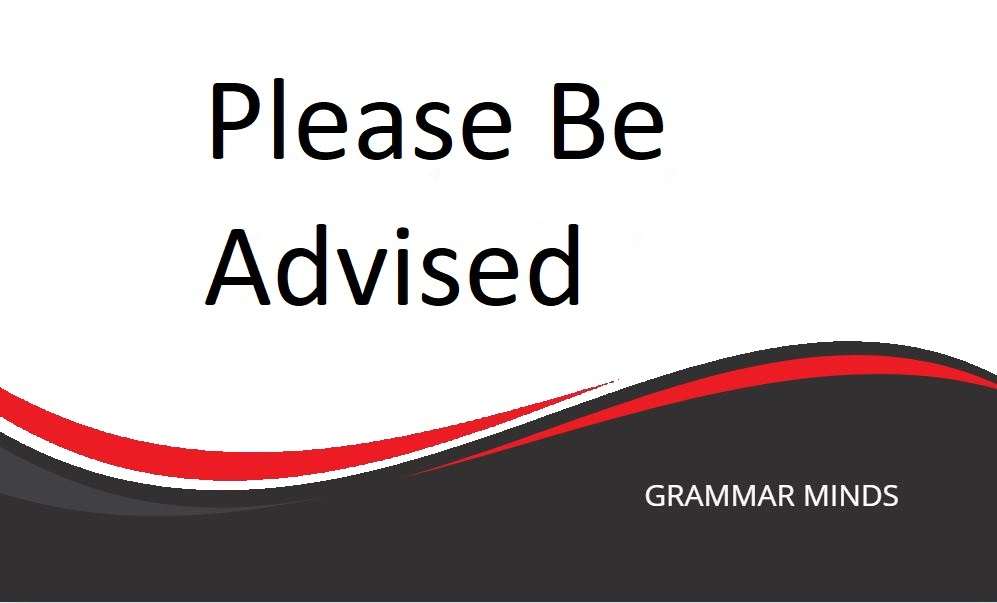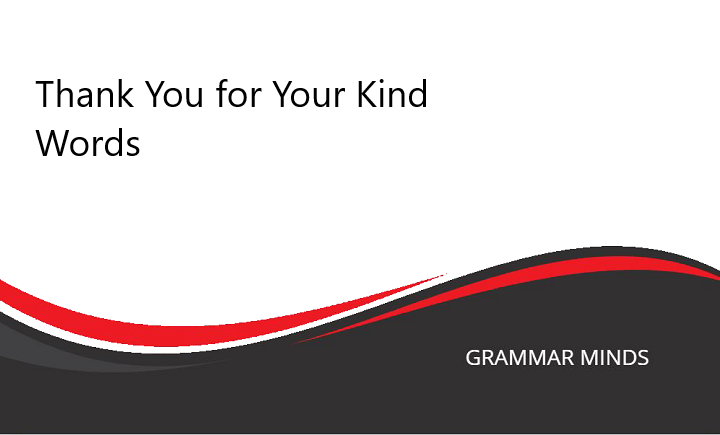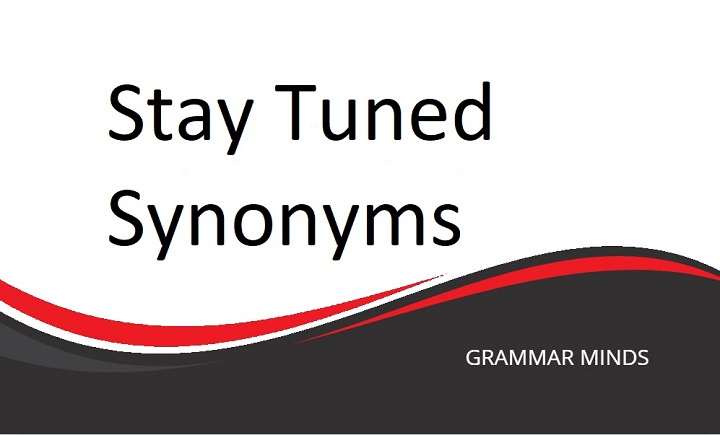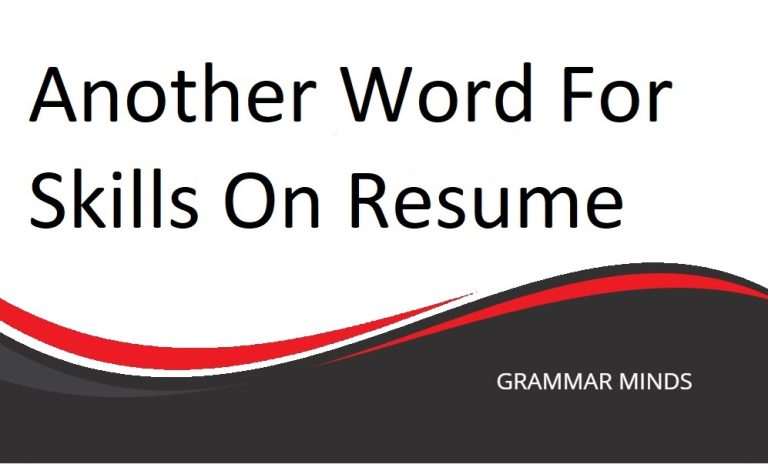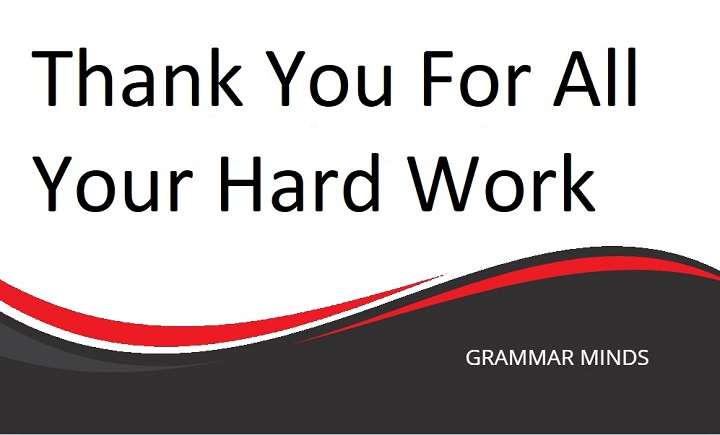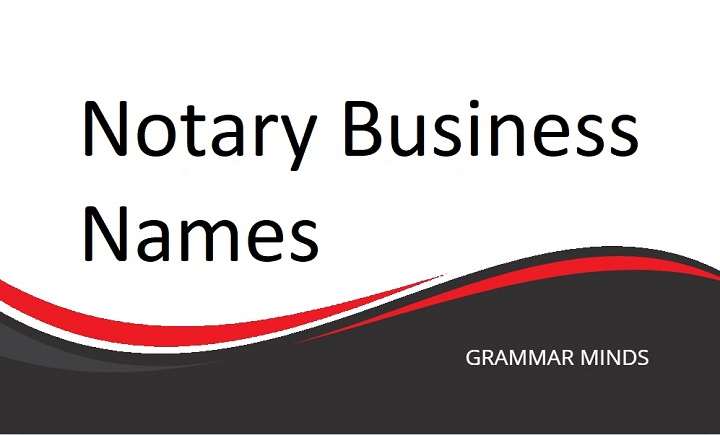Do you find yourself using the phrase “please be advised” repeatedly? Whether you’re drafting an email, making an announcement, or writing a formal document, this phrase often becomes the go-to for conveying important information. However, relying too much on “please be advised” can make your communication feel stiff, repetitive, and less engaging.
Have you grown tired of this repetitive expression in your professional or personal life? Don’t worry! We’ve compiled a handy list of alternative phrases that you can use to mix things up and sound more varied in your conversations.
Other Ways to Say “Please Be Advised”
“Kindly Note”
A more polite and concise way to say “please be advised,” “kindly note” works perfectly for formal communication. It emphasizes politeness while ensuring that the recipient understands the importance of the information you’re sharing.
“Please Take Note”
This phrase is similar to “please be advised” but adds a touch of directness. It’s often used in business settings when you need the recipient to acknowledge critical information without sounding overly formal.
“For Your Information”
“For your information” is a less formal alternative, making it ideal for conversational emails or informal communication. It indicates that you’re sharing useful details without the weightiness of “please be advised.”
“Be Informed”
Direct and straightforward, “be informed” can replace “please be advised” when the tone of communication needs to be more authoritative or firm. This is a great option when addressing issues or making announcements in formal contexts.
“Let It Be Known”
“Let it be known” gives your message a more declarative tone. This phrase works well in formal notices or public statements when you’re announcing something of significance.
“Take Note”
“Take note” is a more concise and sharper alternative to “please be advised,” and it’s often used in professional emails to direct attention to important details.
“I Would Like to Bring to Your Attention”
This phrase is slightly longer but more personal and conversational. It’s a suitable replacement in formal situations where you want to ensure that the recipient understands the importance of the information.
“Please Be Aware”
Similar in tone to “please be advised,” “please be aware” is more neutral and can be used in a variety of formal or informal contexts. It also subtly indicates the need for the reader’s attention without being too assertive.
“You Should Know”
If you’re looking for something more conversational and casual, “you should know” is a great alternative. It’s perfect for informal emails or texts among coworkers, friends, or family.
“It’s Important to Mention”
This phrase introduces a level of importance without being as stiff as “please be advised.” It’s a friendly way to communicate something that requires attention, and it can be used both formally and informally.
Key Notes
“Please be advised” is grammatically correct and suitable for formal situations. However, it can sometimes feel a bit basic or overly formal. To keep your communication varied and engaging, you can use the alternatives we’ve provided, depending on the context and tone you want to convey.
- “Kindly note” is a perfect alternative for formal emails or conversations, especially when you want to maintain politeness.
- “Please take note” works well in formal situations, particularly when delivering critical information.
- “For your information” is a great informal alternative to “please be advised” for casual business conversations or emails.
Keep reading to discover how to use these phrases in both formal and informal situations, and see real-life examples of how they can be applied.
Kindly Note
Usage:
If you’re looking for a more formal way to say “please be advised,” try using “kindly note.” This alternative adds a touch of sophistication, making it ideal for professional environments such as emails or meetings.
Example (in an email):
Dear [Recipient’s Name],
Thank you for your inquiry. I appreciate your attention to this matter.
Kindly note that the requested documents will be sent to you by the end of the week.
Best regards,
[Your Name]
Please Take Note
Usage:
“Please take note” is a slightly more direct way to communicate important information. It’s often used when the sender needs the recipient to focus on a specific point in a conversation or email.
Example (in a memo):
Team,
Please take note of the new deadline for submitting your reports, which is now Friday, September 22nd.
Best,
[Manager’s Name]
For Your Information
Usage:
This phrase works well in casual business environments. It’s an informal way to communicate important details without the formality of “please be advised.”
Example (in conversation):
Hey [Friend’s Name],
For your information, the meeting time has been changed to 3 PM. See you then!
Be Informed
Usage:
“Be informed” is a strong and formal phrase, often used when giving instructions or issuing official statements. It’s best suited for more authoritative or firm communications.
Example (in an official statement):
Dear Colleagues,
Be informed that the office will be closed next Monday for a public holiday. Normal operations will resume on Tuesday.
Sincerely,
[Company’s Name]
Let It Be Known
Usage:
“Let it be known” is a declarative phrase often used to announce significant information. It works well in formal or public announcements.
Example (in a public announcement):
Let it be known that the company has achieved record sales this quarter, thanks to your hard work and dedication.
Take Note
Usage:
“Take note” is a concise alternative that gets straight to the point. It’s commonly used in professional settings where you need to highlight a specific piece of information.
Example (in an email):
Hi [Recipient’s Name],
Please take note of the revised meeting agenda attached to this email.
Thanks,
[Your Name]
I Would Like to Bring to Your Attention
Usage:
This phrase is polite and formal, suitable for emails or conversations where you want to emphasize the importance of the information you’re sharing.
Example (in a letter):
Dear [Recipient’s Name],
I would like to bring to your attention that the annual report is due by the end of the month.
Best regards,
[Your Name]
Please Be Aware
Usage:
This phrase is similar in tone to “please be advised” but sounds less formal. It’s versatile and can be used in both formal and informal settings.
Example (in an email):
Hi [Recipient’s Name],
Please be aware that the team will be working remotely tomorrow.
Best,
[Your Name]
You Should Know
Usage:
This phrase is great for informal or friendly conversations. It’s direct and casual, making it suitable for coworkers or friends.
Example (in a conversation):
Hey [Friend’s Name],
You should know that the event starts earlier than planned, so let’s meet at 5 PM.
It’s Important to Mention
Usage:
This phrase adds emphasis and is great for drawing attention to important points in both formal and informal communication.
Example (in an email):
Hi [Recipient’s Name],
It’s important to mention that the deadline for registration is next Monday.
Best,
[Your Name]
Is It Correct to Say “Please Be Advised”?
Yes! “Please be advised” is grammatically correct and suitable for both formal and informal settings. It’s a versatile phrase that can be used in professional emails, conversations with colleagues, or casual chats with friends. That being said, using synonyms like the ones we’ve listed above will help you mix up your language and sound more varied in your communication.
You can also try slight variations of this phrase, like the following:
- “Please be advised that…”
- “Please be informed…”
- “Kindly take note…”
Also Read
This is Noted: Other Terms and Alternatives for Professional and Personal Communication
In conclusion, “please be advised” is a perfectly acceptable and grammatically correct phrase, whether you’re using it in a formal or informal setting. However, the alternative phrases provided in this article will help you diversify your vocabulary and communicate more effectively in different contexts. Whether you choose “kindly note” for a formal email or “you should know” for a casual chat, these alternatives will allow you to engage your audience with fresh and varied language.

